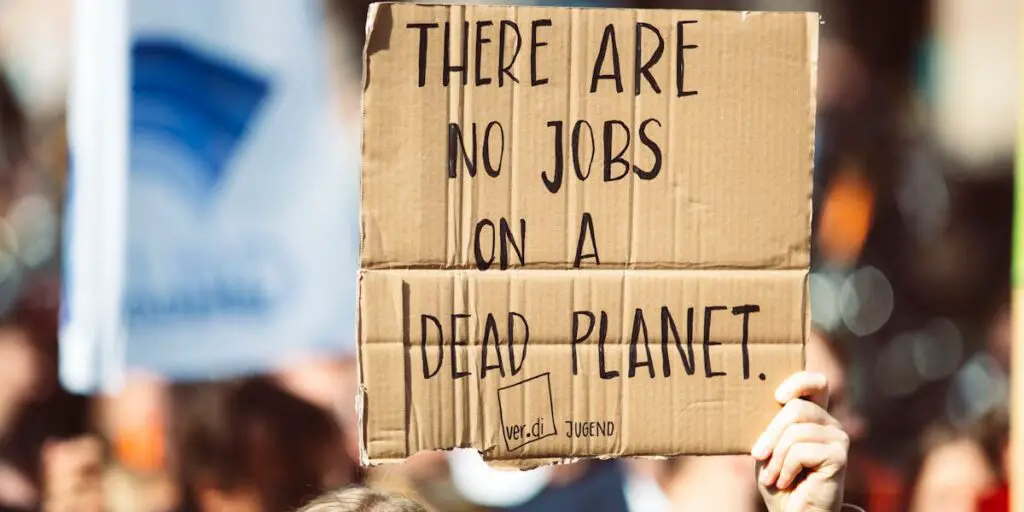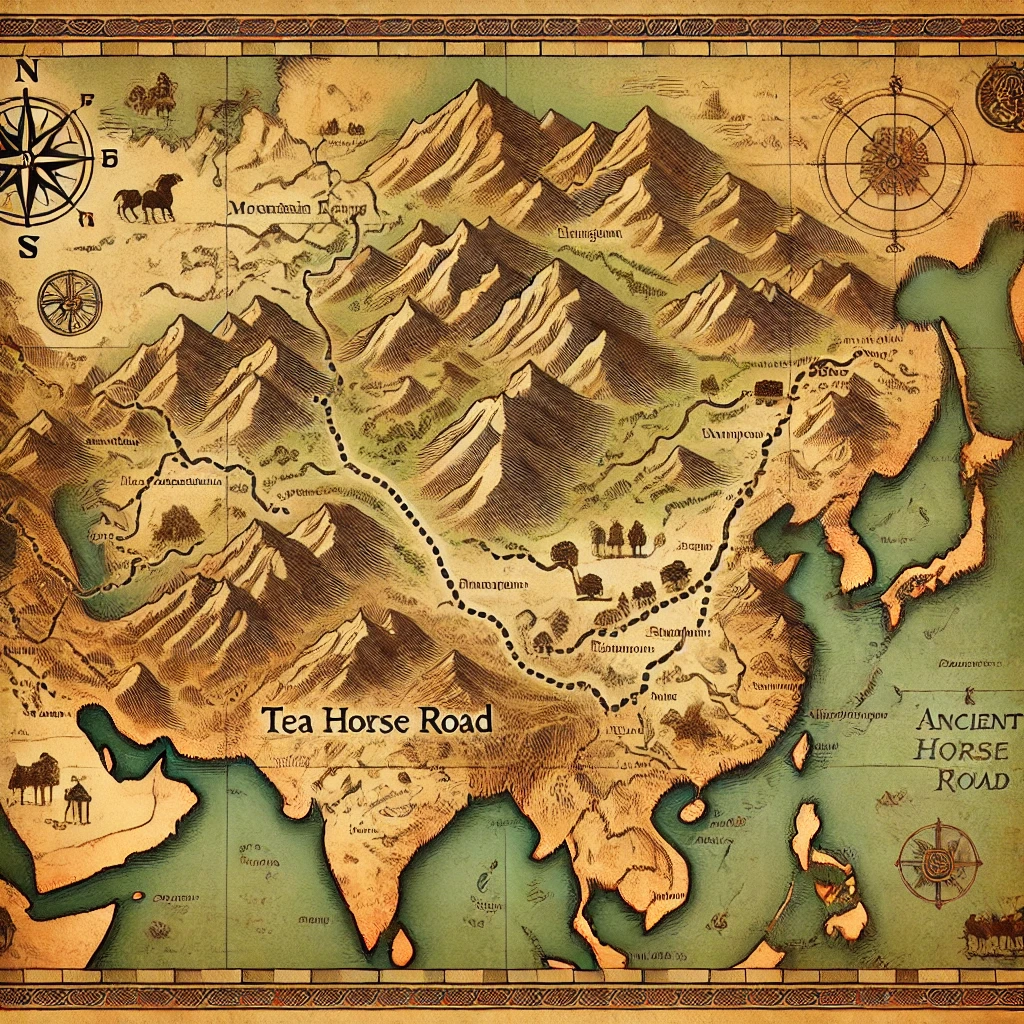Introduction
Recent climate research highlights an alarming acceleration in global warming. With 2024 breaking global temperature records, the Earth’s climate is approaching thresholds signaling irreversible changes. This article explores critical findings on global warming’s impacts, weakening ocean currents, coral bleaching, and other climate-related phenomena.
The 1.5°C Threshold: A Tipping Point
The 1.5°C warming threshold above pre-industrial levels is a critical benchmark in climate science. Surpassing it could lead to severe, irreversible climate effects.
Why 1.5°C Matters
- Global Impacts: Exceeding this limit could trigger catastrophic events like rising sea levels, intensified storms, and ecosystem collapses.
- Historical Context: While 1850-1900 is the standard pre-industrial baseline, newer studies (extending back to 1700) suggest warming by 2023 could be as high as 1.49°C.
Weakening of the Atlantic Meridional Overturning Circulation (AMOC)
The AMOC, a vital ocean current system, regulates climate by transporting warm water from the tropics to the North Atlantic.
Signs of AMOC Weakening
- Studies show a 15% reduction in strength since 1950.
- Weakening AMOC leads to harsher winters in Europe, rising U.S. East Coast sea levels, and disrupted global weather patterns.
Potential Collapse Implications
- Africa: Intensified droughts.
- Global Agriculture: Reduced productivity.
- Extreme Weather: Heightened risks of storms and flooding.
Mass Coral Bleaching and Ocean Warming
Ocean warming has reached unprecedented levels, causing widespread coral bleaching and threatening marine biodiversity.
Coral Bleaching Crisis
- The fourth and largest mass coral bleaching event is underway.
- Many coral reefs may have passed the point of no return, unable to recover.
Ocean Warming Effects
- Warmer waters intensify tropical cyclones.
- Coastal communities face increased risks of flooding and storm damage.
Wildfires: Intensification and Frequency
Case Study: Amazon Rainforest
- The 2024 Amazon drought was the worst on record, with rivers at historic lows.
- Hotter temperatures and reduced rainfall make the forest highly vulnerable to wildfires.
Global Patterns
- Wildfires now burn larger areas and last longer.
- Prolonged dry seasons and higher temperatures create ideal conditions for rapid fire spread.
Diminished Carbon Absorption by Forests
Forests, crucial for absorbing CO₂, are losing their effectiveness due to deforestation, wildfires, and climate stress.
Key Findings
- A 2024 study reveals that forests absorb less CO₂ than in previous decades.
Implications
- Reduced carbon absorption leaves more CO₂ in the atmosphere, accelerating global warming.
- Protecting forests and promoting reforestation are essential for maintaining the planet’s carbon balance.
Increased Volcanic Activity Linked to Climate Change
Glacier retreat due to climate change has been linked to volcanic activity.
Iceland Example
- Melting glaciers reduce crustal pressure, increasing volcanic eruptions.
Global Implications
- Increased volcanic activity could disrupt local communities and ecosystems.
- Eruptions may impact global climate patterns by injecting aerosols into the atmosphere.
The Road Ahead: Mitigation and Adaptation
Key Strategies
- Reducing Greenhouse Gas Emissions:
- Transition to renewable energy and adopt sustainable practices.
- Protecting Ecosystems:
- Prioritize conserving forests, coral reefs, and other vital ecosystems.
- Investing in Climate Resilience:
- Build infrastructure and policies to withstand extreme weather and rising sea levels.
Conclusion
The accelerating pace of global warming and its cascading effects demand urgent action. While surpassing the 1.5°C threshold poses grave challenges, it also underscores the need to strengthen global commitments to sustainable development and environmental stewardship.
FAQs
- What is the significance of the 1.5°C threshold?
- It marks the point where global warming effects become severe and potentially irreversible.
- What is AMOC, and why is its weakening concerning?
- AMOC is a vital ocean current. Its weakening disrupts global weather and causes severe regional impacts.
- How does ocean warming affect coral reefs?
- Warmer waters lead to coral bleaching, threatening marine ecosystems.
- Why are wildfires becoming more frequent and severe?
- Higher temperatures and prolonged dry seasons create ideal conditions for wildfires.
- How does climate change influence volcanic activity?
- Melting glaciers reduce crustal pressure, increasing volcanic activity.
- What actions can mitigate climate change?
- Reducing emissions, protecting ecosystems, and investing in climate resilience are critical.





